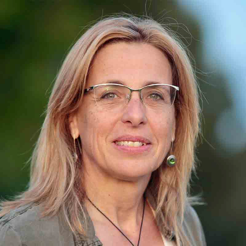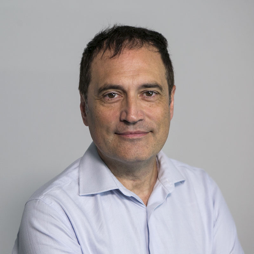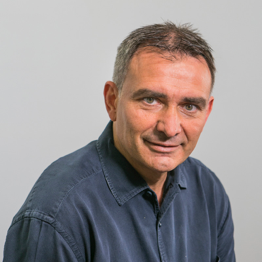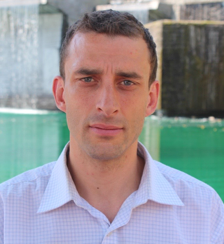UOC Universitat Oberta de Catalunya
Who are we?
The UOC was founded in 1995 as the world’s first ever online university, backed by legislation introduced by the Government of Catalonia. Its mission is to let technology open the door to high-quality university education for everyone, with merit as the sole criterion.
Now, following 25 years of research and online education, the UOC’s mission has been given new meaning and urgency by advances in the knowledge society and the COVID-19 pandemic’s impact on education, work and inequalities.
Reflecting its mission to prepare people for the world they will live in rather than that of generations gone by, the UOC has three defining characteristics:
- A pioneering university, expert in e-learning, focussing on lifelong learning. The UOC’s priority is to respond to the changing needs of individuals and organizations alike, contributing to employability, entrepreneurship, social equality and people’s ability to think critically.
- A global and digital native university, with a mandate for public service. Grounded in its social and cultural surroundings, the UOC’s fully online learning model helps students develop a global perspective and digital skills, contributing to both the EU’s Digital Education Action Plan and the 2030 Agenda for Sustainable Development.
- A university focussing its research on the intersection between the social and human sciences and technology. The UOC is committed to open knowledge, interdisciplinarity and networked cooperation, promoting research in technology and the use of ICTs to bring about transformations in education and social equality.
Why we are Participating in the Project
The UOC’s vision of the future is shaped by its ambition to transform higher education in the digital age. This is rooted in its firm belief that universities must attain more strategic responsibility and achieve greater social impact by acting as hubs that share knowledge throughout society.
The UOC looks to the future with the ambition of contributing to the modernisation of higher education in the post-pandemic era, and with the firm belief that universities must be transformed to take on a more strategic role and have a greater impact on society.
In order to fulfil its mission of using technology to open up access to quality university education to everyone, with merit as the sole criterion, the UOC has a strategic focus on lifelong learning, to respond to the changing needs of individuals, organizations and institutions alike, contributing to employability, entrepreneurship, social equality and people’s ability to think critically.
With our participation in MicroCredX, we aim to Improve the flexibility and responsiveness of higher education networks by empowering individuals to create new learning and career pathways. In this regard, we hope to:
- Broaden the range of lifelong learning programmes relevant to employability.
- Focus on bridging all kinds of divides such as: the digital, skills, gender, age, socioeconomic and territorial ones.
- Support entrepreneurial culture and innovation networks.
Our Role in the Project
The UOC will contribute knowledge and expertise in the area of micro-credential implementation, including all areas of the microcredential design lifecycle (ideation, learning design, build, recognition etc.). As a leading online university, we have knowledge of online learning design. We also have considerable maturity in micro-credentialing, continuing education for lifelong learning, and employability.
Our Team

Àngels Fitó

Marta Aymerich

Enric Serradell
Researcher and the Vice Dean at the School of Business and Economics For Continuous Education and Innovation

Josep Prieto

Mitchell Peters
Mitchell Peters is a post-doctoral research lead at the office of Research and Innovation at the Universitat Oberta de Catalunya (UOC). In the field of educational technology, his research interests include lifelong learning and online higher education with an emphasis on interdisciplinary, mixed methods, and critical perspectives. Currently he is UOC lead on two European projects on micro-credentialing, reskilling and upskilling in European higher education.

